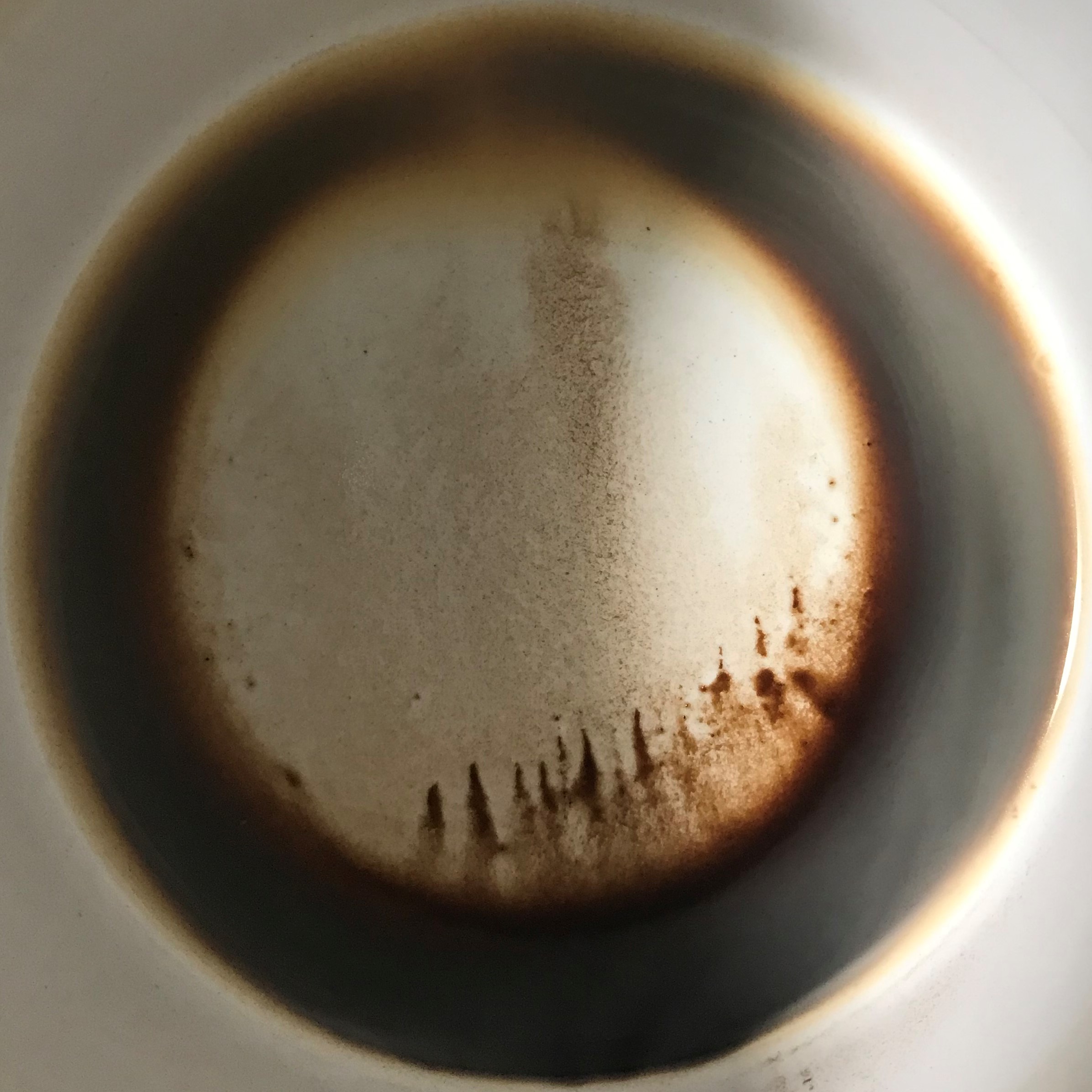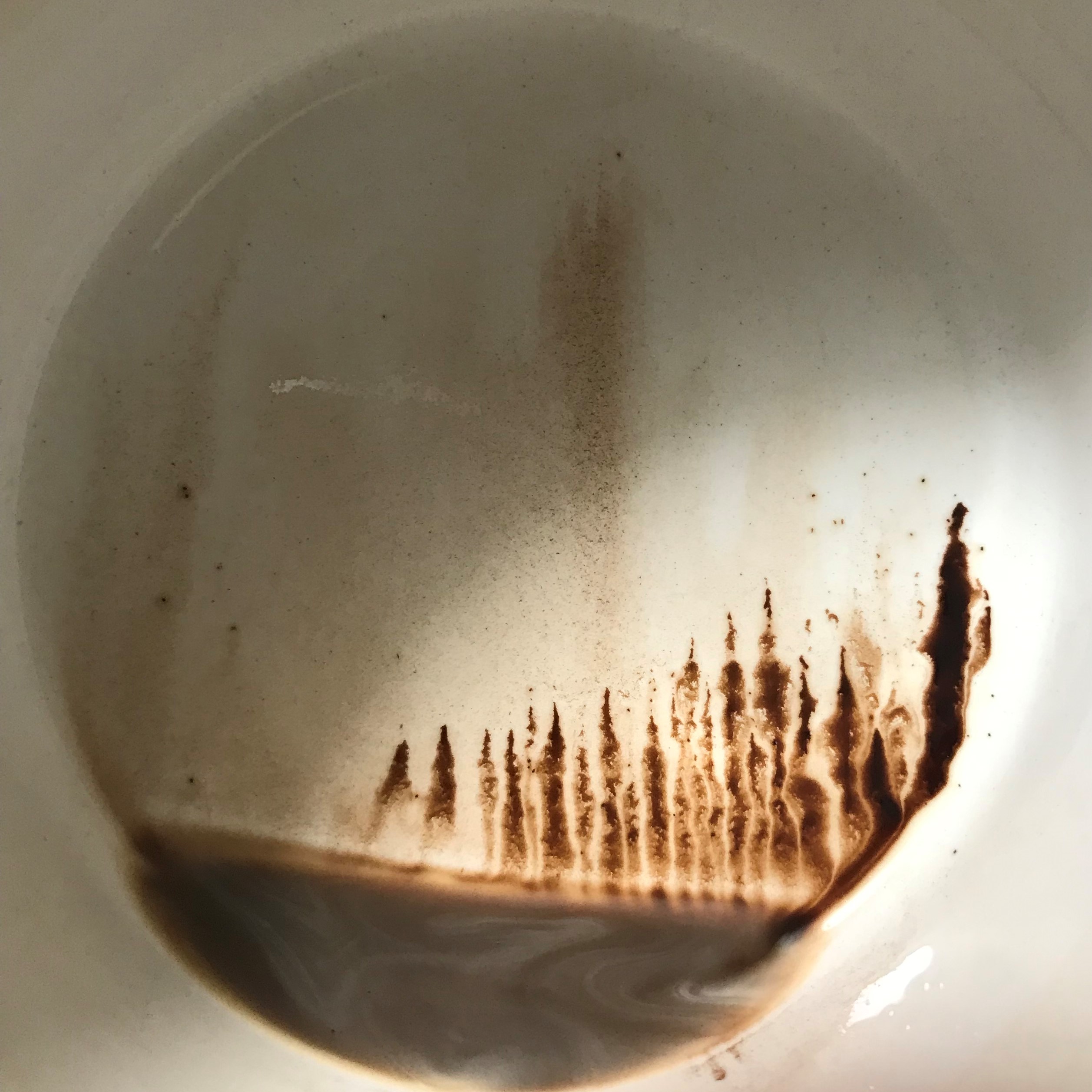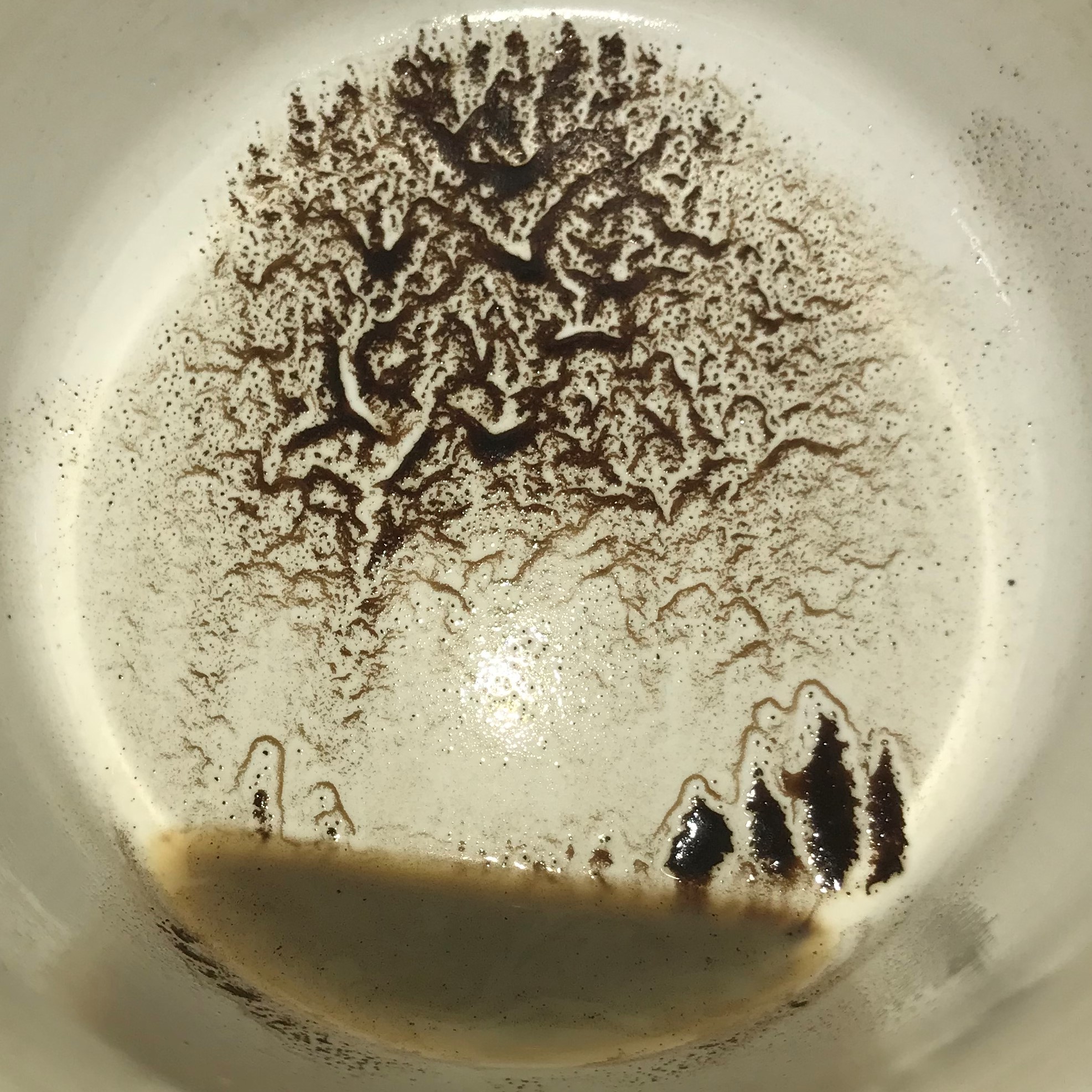
Winterfylleth (winter full moon) is past, Blotmonath (month of blood or blood sacrifices) is here. That’s October and November, if you asked an Anglo-Saxon. I find the Anglo-Saxons’ bluntness to be refreshing, starkly beautiful… and sometimes remarkably appropriate to particular seasons in my life. Blotmonath, referring to ancient religious sacrifice or the pre-winter culling of animal herds, is for me a time of extended editing and word-deleting. If words could bleed, it would indeed be a blood bath.
I have been editing my novel since mid-August: reading a friend’s notes, figuring out which larger pieces could be extracted, adjusting the plot accordingly, condensing each scene. It is a painstaking, often punishing process. Technically the novel is “fine” without this extra meddling. But I don’t want it to be “fine.” I want it to be my absolute best, and it is difficult to know what exactly best is. Often it is a fleeting will-o’-the-wisp sort of thing. It’s not being nitpicky or perfectionist; it’s following advice and searching for ways a scene, a chapter, a subplot, an entire novel can function better.
Testing the publishing waters, I sent out a query letter earlier this year. The agent liked the concept of the novel but hesitated at its length – then about 165,000 words. Publishing a debut novel more than 100,000 words long is an expense and a risk. Knowledge is power. I evaluated the situation. I had choices. I could cut it down or split it in the middle. Cutting down definitely seemed more feasible than splitting it, which would actually require a drastic reworking of the plot and, more importantly, would make the novel something that it isn’t. Cutting it down to 100,000, a lovely 40%, is also daunting, but I decided to give it my best shot.

So, this is what I’ve been doing: cutting and snipping and sacrificing those words for clarity and control. It is slow, molasses-speed editing. Sometimes good, sometimes infuriating.
There are other reasons why this is so hard.
1. The environment at the day job has not changed. Morale is low in the department, and we are still awaiting on news (any news!) of our new location. The receptionist area is a high-traffic, high-ceiling lobby, in which sound travels and privacy is nil. Doors and high-heeled shoes and motion-sensor Halloween decorations are the worst.
2. My apartment is a mess. As my primary writing environment, I depend on its peacefulness and comfort: the windows (opened or closed) letting in light from three sides, my plants thriving, the cat purring on the back of the sofa, few interruptions except from said cat. Mid-October, however, repairs commenced on the ceiling due to sagging plaster, which meant moving every item of furniture, every book, every rug, every piece of artwork out of the living room. In an area of 465 square feet, this means all of my books are crowded into my closet with the file cabinet, and anything that wouldn’t fit into the dining room or bedroom/office (both small) had to go into a vacant apartment. While I am grateful for my landlords and relieved that this is being fixed, a living room full of tools, ladders, drywall dust, etc, does not feel like home at the moment. I miss my couch. I miss walking in a straight line without tripping. Thankfully, it should be done by the end of the week and things will go back to normal.

3. The national and global atmosphere is toxic. I don’t need to tell you why. Every day there is a new outrage or atrocity – no end in sight and decent solutions ignored. It’s like dense air pollution; it gets inside your safe haven no matter how tightly you seal the windows and the doors. It weighs me down and makes me cringe for the future. Other symptoms include: helplessness, feeling like a zombie, wanting to sleep for a whole decade.
4. After several cycles of writing and editing this novel, I am tired. Exhausted. There are days I dread turning on the computer. Even if I have the courage to start, I often don’t have the energy or the time. Yay, day-job. My discipline has been on the wane. I get angry at myself, which doesn’t help. (Does it ever?) My constant fear is that this project will NEVER be finished, that I’ll be stuck in these write-edit loops for eternity.
In the interests of self-care and discipline, I decided to try something drastic. This week, I began waking up at… 5:30, then 5:00. It was the only way I could work on the Novel for a quiet, uninterrupted hour and a half, leaving the hours post-work for errands, dinner, rest and wind-down. It’s working. My brain actually likes it! I feel better! Perhaps it’s due to an earlier bedtime (9:30, I’m getting old), abstaining from caffeine in the afternoons (harder than it sounds) and a new bed (thanks, Mom and Dad). The real test will come on the weekend, but I have high hopes as Daylight Saving Time finally ends.
Further Realizations…
November is fresh. The sun is bright today, and my mind is clear. Since making the Novel my first priority of the day, I’m less anxious. I can actually look ahead and report on my progress.
How am I doing with that 40% cut?
Since August, I’ve cut 15,000 words, shrinking it by about 9% to 150,000. That isn’t small. It just isn’t enough. I will be honest; I cannot realistically cut the entire 40% without causing serious damage to the story. In light of this, I’m aiming for a total count of 125,000 words, 120,000 if I’m very lucky, which is about 25% of the novel. That means I have at least 25,000 left to cut. 25,000 sacrifices for the month of blood. (Cue an Anglo-Saxon warrior – or better yet a Viking – on the rampage!) A manageable number that does not make my chest tight. 25 small scenes? 50 littler scenes?
My strategy (or foolish hope?) is to begin querying December 1st, starting with agents who specialize in science-fiction. As science-fiction is generally longer, I hope they won’t dismiss the 125,000 outright but give it a closer look. At the least, I’ll get a “no” without specifics. At the most, I’ll get a brief response that will be more helpful. I won’t know what I’m working with until I try, and possibly fail, again. Either way, I’m going forward.
That last paragraph makes me seem extremely confident. I tell you, there is always some part of me quaking in fear. I do not like to think about it never getting published, the Novel sitting in a drawer collecting dust or thrown out with the garbage. Determined as I am, it’s hard to raise my hopes to reasonable heights, much less high ones. I’m working on that with daily doses of moxie (not the soda). I have to count the blessings I’ve been given:
1. I’ve rewritten and finished this novel several times over. This final rewrite took me less than a year. The friend who read through it carefully loved it, which is the best compliment. (Thank you, Michelle!)
2. I’ve cleanly excised one unnecessary and, frankly, irritating character. (Sorry, not sorry.)
3. I’m getting excellent practice tightening, condensing and rewriting existing scenes.
4. I’ve cut 15,000 words.
5. I know this story better than I ever have.
6. My novel isn’t anywhere near as long as most of the Harry Potter books, Stephen King‘s The Stand, or Jane Eyre.
7. I have explored dark and complicated themes that deepen my perspective and make the story richer.
I don’t believe a novel is ever finished until it is printed and presented to the world. Even then, it takes on a life of its own. I know that in the months to come, no matter how long it takes, I will hear good news and bad news. Rejections and objections, suggestions and negotiations. I’ve not ruled out the possibility of consulting a professional editor or another beta reader for a fresh opinion. What I have ruled out is halving a novel of which I’m immensely proud, and certainly not over a matter of length.
It’s good to know my limits and make that decision. I am setting the Novel, and myself, free from the rewrite cycle. The queries await. I’ll be ready.





